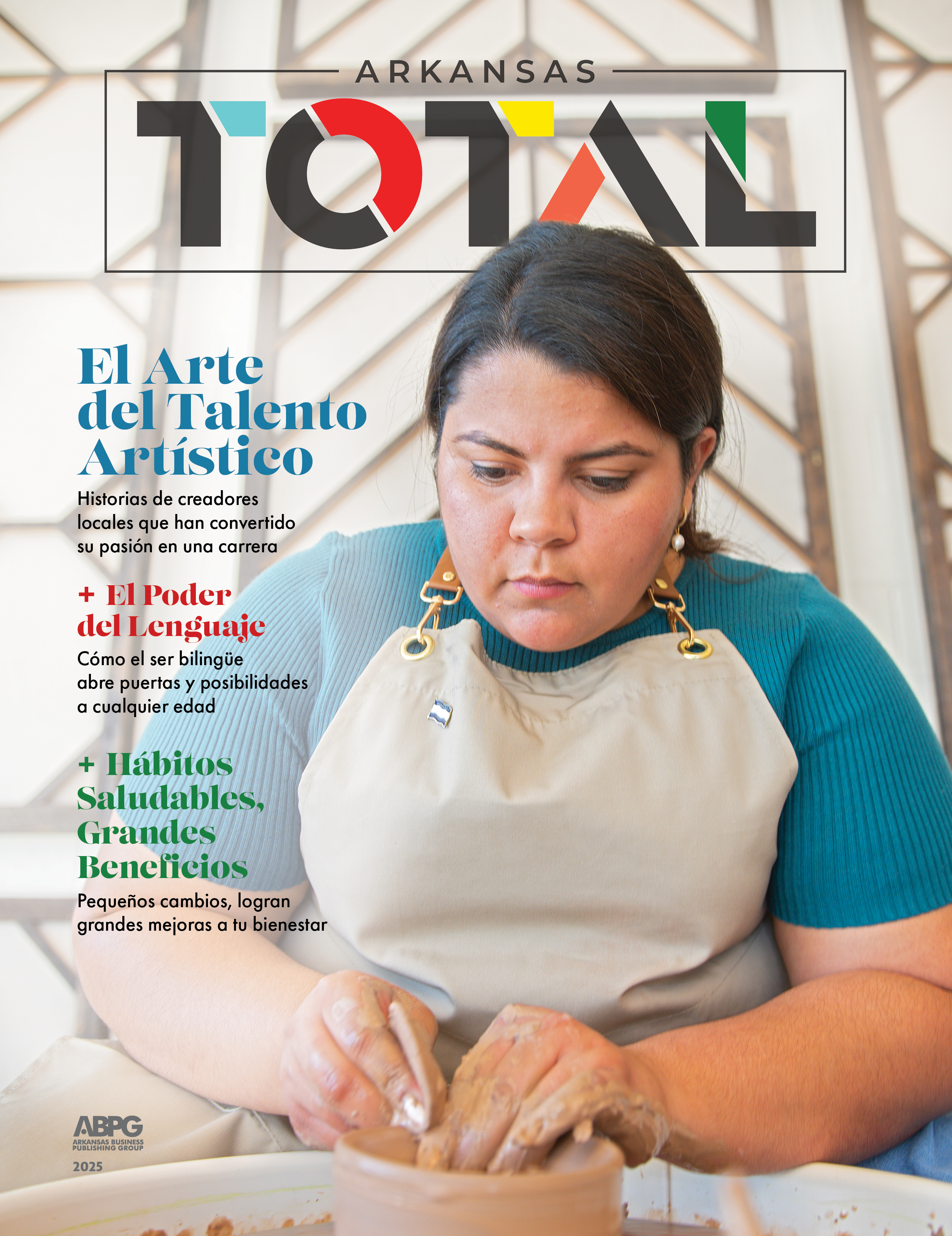Smart Moves

También puedes leer este artículo en español, Decisiones Inteligentes
In Arkansas, a high school dropout can start making six figures before he’s 20, all thanks to the services provided by the state Office of Adult Education, a small but mighty part of the Department of Commerce’s Division of Workforce Services.
Bridget Criner is the deputy director of the state office, and she’s seen many Arkansans change their lives for the better through educational attainment. One program director told Criner about an 18 year old who had earned his GED and commercial driver’s license (CDL) through the state’s programs “and was making over $100,000 a year with his first job.”
Stories like that aren’t uncommon, Criner says, and that path is accessible to many. From free GED and English classes to corporate training partnerships and industry certifications, the programs are designed to meet people where they are.
Here’s what to know to get started.
Who is eligible?
To qualify for adult education services in Arkansas, a person must fit the following criteria:
- Be at least 16 years of age
- Not required to attend school
- Have needs in one of the following areas:
- Basic skills
- High school diploma or equivalent
- English language
“Our students are varied. We have people who may have completed high school, but they may have had some difficulty — we all know someone who says, ‘oh, my goodness, I hate math,’” Criner says. “For those for whom English is not their native tongue … that’s for those who may not even be literate in their native language, up through even those who may hold doctoral degrees (in their native countries), but they may want to increase their English fluency.”
What is adult education?
The Office of Adult Education provides:
- Adult Basic and Secondary Education: Literacy, math, GED preparation
- English language classes: For learners of all levels
- WAGE (Workforce Alliance for Growth in the Economy) Levels I and II certification: Arkansas-developed job readiness curriculum, including financial and digital literacy and soft skills training
- Integrated Education and Training (IET): Career pathway program including technical training
When students register for adult education services in Arkansas, they’re first given a placement test to determine their current levels in subjects like literacy, math, science and civics. There’s a modified version of the test specifically for Spanish speakers, Criner says.
“From there, we know what class to put you into and how to get you started,” she says.
The curriculum used in the WAGE certification program was developed in Arkansas with industry input. WAGE includes units on digital and financial literacy to ensure that once students are on their career pathways, they can sustainably manage their money and continue to upskill.
“We want to make sure that any career pathway a person is interested in, they are able to do that,” Criner says. “Locally, these programs are going to have WAGE career pathway-specific programs for those (jobs) that are most in demand and most available in their area.”
How do I sign up?
The Office of Adult Education has 36 offices serving all 75 of Arkansas’ counties; a map on the office’s website shows the nearest center to each county. The programming available at each center will vary slightly, depending on the local needs, Criner says.
“We have a program in Northwest Arkansas that has a family literacy program where the adult students are in classes at the same time,” for example, she says.
The state provides these adult education services for free for students. Those interested should call or visit their local center, visit dws.arkansas.gov/adult-education or call the state office at 1-877-963-4433 to start the enrollment process.
Why should I?
The impacts of educational attainment go beyond the individual, Criner says. The Northwest Arkansas program that offers the family ESL classes — a partnership between the Northwest Technical Institute and Springdale School District — demonstrates the generational impact learning can have.
“Imagine when you have a parent who has struggled educationally; they’re not necessarily as apt, or as comfortable, helping their student. … The difference that it makes, between a student who has that support at home, to be able to have that help with their reading, their math, all those skills,” Criner says. “Now you’re setting that child up for a better situation as well.”
And that’s not to mention the potential quality of life improvements that come with a higher wage or more job satisfaction.
Learn more about the services offered by the Arkansas Office of Adult Education.

